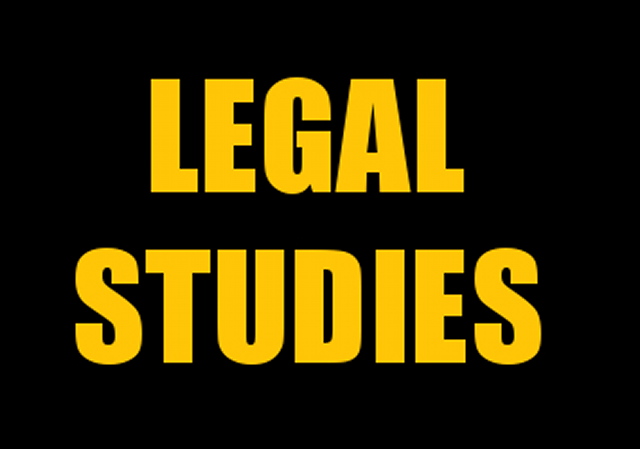Law Schools Finding Innovative Ways To Get Around SCOTUS Affirmative Action Ruling
“a growing number of law school admissions offices are interviewing some or all applicants as they try to glean more information about them”

We all knew this was going to happen. The academic left just can’t let it go.
Reuters reports:
Affirmative action ban shook up law school admissions in 2023
For years, Andy Cornblatt and his team in the admissions office at Georgetown University Law Center would know—by the check of a box—the race of applicants trying to win a spot at the school.
Not anymore.
Georgetown is among the law schools that have decided to mask on paper the racial identities of applicants in the aftermath of the U.S. Supreme Court’s June decision effectively prohibiting affirmative action policies long used to raise the number of underrepresented minority students on campuses. That ruling has made law schools rethink their approach, resulting in an admissions process that so far has been unusually slow and methodical as officials try to both retain the diversity of their student bodies and comply with the law…
Georgetown admissions dean Cornblatt said hiding race disclosures on applications “insulates” his office from the possibility of misuse.
Race and diversity haven’t disappeared from the admissions equation altogether, however. The Supreme Court’s opinion specified that essays and personal statements in which candidates discuss their race or background are acceptable, and many law schools have added essay prompts that are intended to give admissions offices a deeper understanding of candidates.
Harvard Law School, for example, now requires applicants to submit both a “statement of purpose” covering their motivation to pursue a career in law and a “statement of perspective” explaining how their experiences, backgrounds or interests have shaped them. Those replaced a more generic personal statement and an optional diversity statement.
Also, a growing number of law school admissions offices are interviewing some or all applicants as they try to glean more information about them, Krinsky said.
The addition of more essays, interviews, and the time they require has slowed down this year’s admissions cycle for both applicants and schools, said law school admissions consultant Mike Spivey. It takes law school hopefuls more time to apply because they must write more school-specific essays instead of a single personal statement that can be used on multiple applications, he said. And admissions offices have more material to wade through as they form their classes.
Donations tax deductible
to the full extent allowed by law.








Comments
So applicants fabricate story about how they overcame hardship and struggled all their life. Volunteered for non-profit org that is recognized for “social justice”. PO Box with ghetto post office zip code for application address. Interview about how unfair society is to the historically marginalized. If you are white, you must be perceived as the right kind of white, an “ally” of “the community”. It will become performative. Game the process. Then use the law degree for whatever you want.
Of course, you could always just use the name.
Marvin Silverstein – denied.
Shou Ting Lee – denied.
John Peter Williams III – denied.
LaTicha Tyrone Jones – accepted.
“… many law schools have added essay prompts that are intended to give admissions offices a deeper understanding of candidates.”
This statement is a lie. They don’t want a deeper understanding, They want the shallowest possible understanding. “Looks White. Pass.”
Harvard and Georgetown working hard to destroy their reputation. Help them by not sending your children there.
“the law schools that have decided to mask on paper the racial identities of applicants”, but include a “statement of perspective” and/or an interview. That’s pretending to not know the racial identity. Because if they actually succeeded, like orchestras assessing musical expertise from behind a screen, they won’t like the results. Which is why the orchestras stopped.